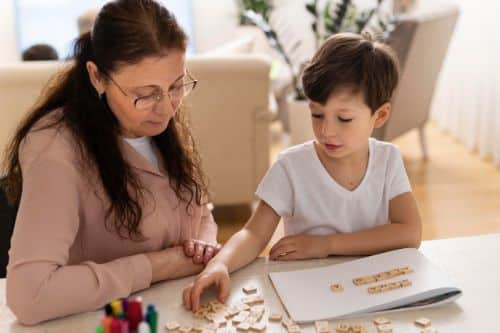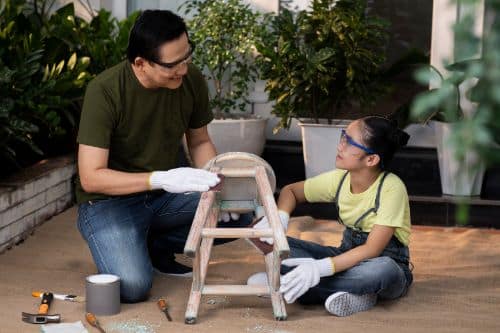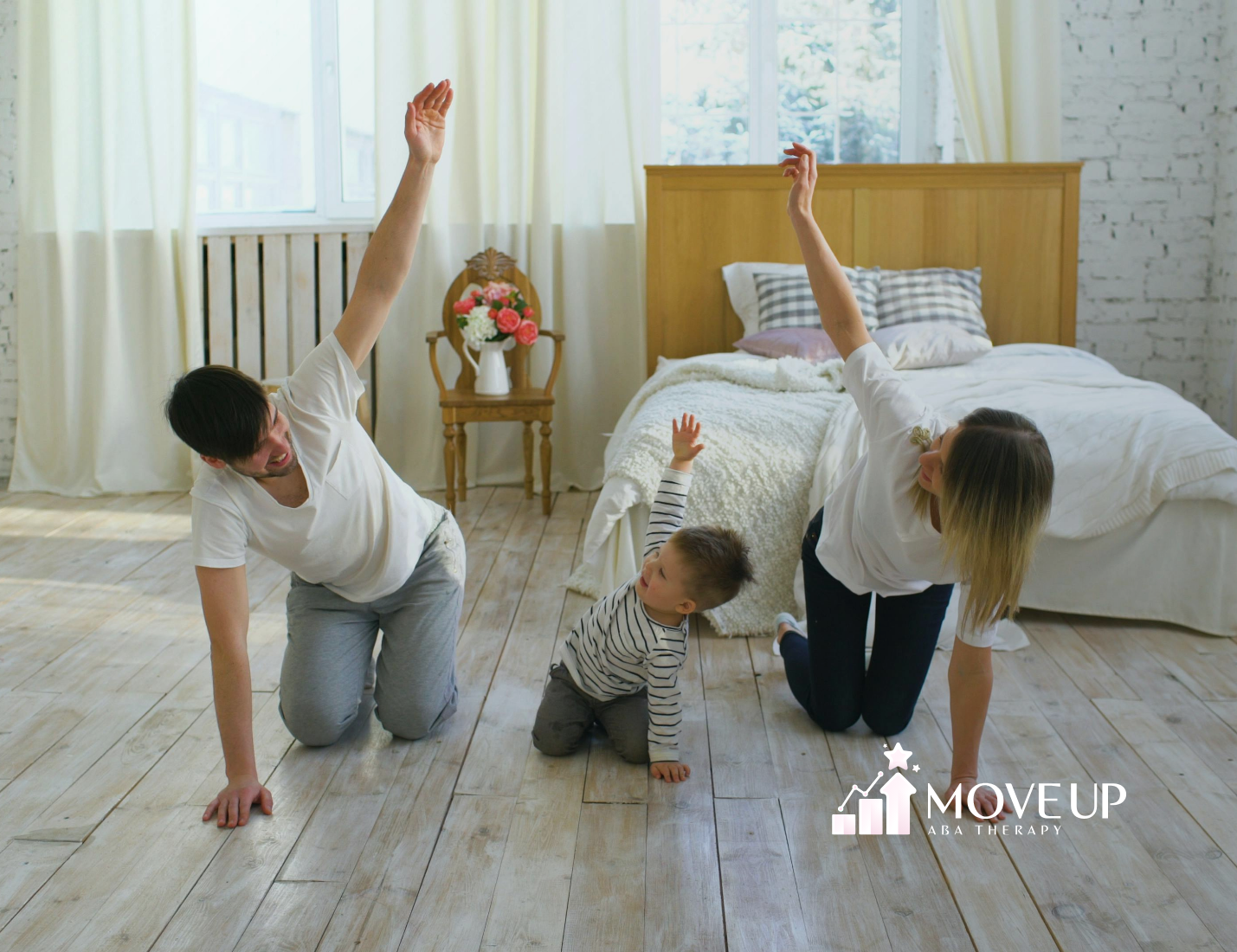Applied Behavior Analysis (ABA) therapy is a well-established and evidence-based approach for helping children with Autism Spectrum Disorder (ASD) develop essential skills and improve behaviors. While ABA therapy can be delivered in various settings, home-based ABA therapy offers unique advantages for families and caregivers. This article explores the effectiveness of home-based ABA therapy, particularly for families in Baltimore, Maryland.
Understanding Home-Based ABA Therapy

Benefits of Home-Based ABA Therapy
Home-based ABA therapy offers several benefits that can contribute to its effectiveness.
Personalized and Consistent Environment
A home setting allows for a highly personalized approach to therapy. The therapist can tailor interventions to fit the child’s daily routines and family dynamics, leading to more consistent and relevant learning opportunities.
Family Involvement
Home-based therapy encourages active participation from family members. Parents and caregivers can learn strategies and techniques to support their child’s development, creating a cohesive and supportive learning environment.
Comfort and Familiarity
Children with ASD often feel more comfortable and secure in their own homes. This familiarity can reduce anxiety and increase engagement during therapy sessions, leading to more effective outcomes.
Effectiveness of Home-Based ABA Therapy
Research supports the effectiveness of home-based ABA therapy in improving various developmental and behavioral outcomes for children with ASD. Home-based therapy offers a unique and flexible approach that can be tailored to meet the specific needs of each child and family.
Skill Acquisition
Home-based ABA therapy has been shown to be effective in teaching a wide range of skills, including communication, social interaction, self-care, and academic abilities. The natural environment of the home provides numerous opportunities for practicing these skills in real-life contexts.
For example, a child might practice requesting items during meal times, following routines during daily activities, or engaging in social interactions with family members. The familiar setting helps to reinforce these skills more naturally, promoting better retention and application.
Behavior Reduction
Behavioral interventions implemented in the home setting can effectively reduce challenging behaviors. By addressing behaviors in the context where they occur, therapists can develop more practical and sustainable solutions.
This approach allows for immediate and relevant interventions, which can be more impactful. For instance, if a child exhibits disruptive behavior during specific routines or interactions at home, the therapist can observe these behaviors directly and work with the family to implement targeted strategies that address the underlying causes and promote positive behavior changes.
Generalization of Skills
One of the key goals of ABA therapy is to ensure that learned skills generalize across different settings. Home-based therapy facilitates this by teaching skills in the environment where the child spends the most time, promoting better generalization and long-term retention.
Children are more likely to apply learned behaviors and skills in other settings, such as school or community activities, if they have been practiced and reinforced in their everyday home environment. This continuity helps to bridge the gap between different settings, ensuring that progress made during therapy is maintained and built upon.
Customized Learning Environment
Home-based ABA therapy allows for a highly customized learning environment. Therapists can incorporate the child’s interests and preferences into the therapy sessions, making learning more engaging and effective.
For example, a child who loves playing with blocks can learn counting, colors, and social turn-taking through structured play activities with their favorite toys. This personalized approach can lead to more motivated and enthusiastic participation from the child, enhancing the overall effectiveness of the therapy.
Parent and Caregiver Involvement
The involvement of parents and caregivers in home-based ABA therapy is crucial for its effectiveness. Parents and caregivers receive hands-on training and support from the therapist, empowering them to implement strategies consistently outside of therapy sessions.
This collaborative approach ensures that the child receives continuous reinforcement and guidance, which is essential for making lasting progress. Families can also gain a deeper understanding of their child’s needs and behaviors, fostering a supportive and nurturing home environment that aligns with therapeutic goals.
Conclusion
Home-based ABA therapy offers a highly effective and personalized approach to supporting children with ASD. By delivering therapy in the comfort and familiarity of home, children can engage more fully, learn relevant skills, and experience lasting behavior change.
If you’re in Baltimore and are considering home-based ABA therapy, MoveUp ABA is here to help. Our dedicated team of professionals provides tailored, compassionate care to help your child thrive. Contact us today to learn more about our services and how we can support your family’s journey.
FAQs
Is home-based ABA therapy as effective as center-based therapy?

How can I find a qualified home-based ABA therapist?
Look for providers accredited by the Behavior Analyst Certification Board (BACB) and check reviews and recommendations from other families. Local autism support groups can also be a valuable resource.
What should I expect during home-based ABA therapy sessions?
Sessions typically involve the therapist working directly with the child on specific goals, while also training parents and caregivers in effective strategies. Data collection and regular progress reviews are integral parts of the process.
How often should home-based ABA therapy sessions be conducted?
The frequency of sessions varies based on the child’s needs and the treatment plan. Many children benefit from multiple sessions per week to ensure consistent progress and skill development.





